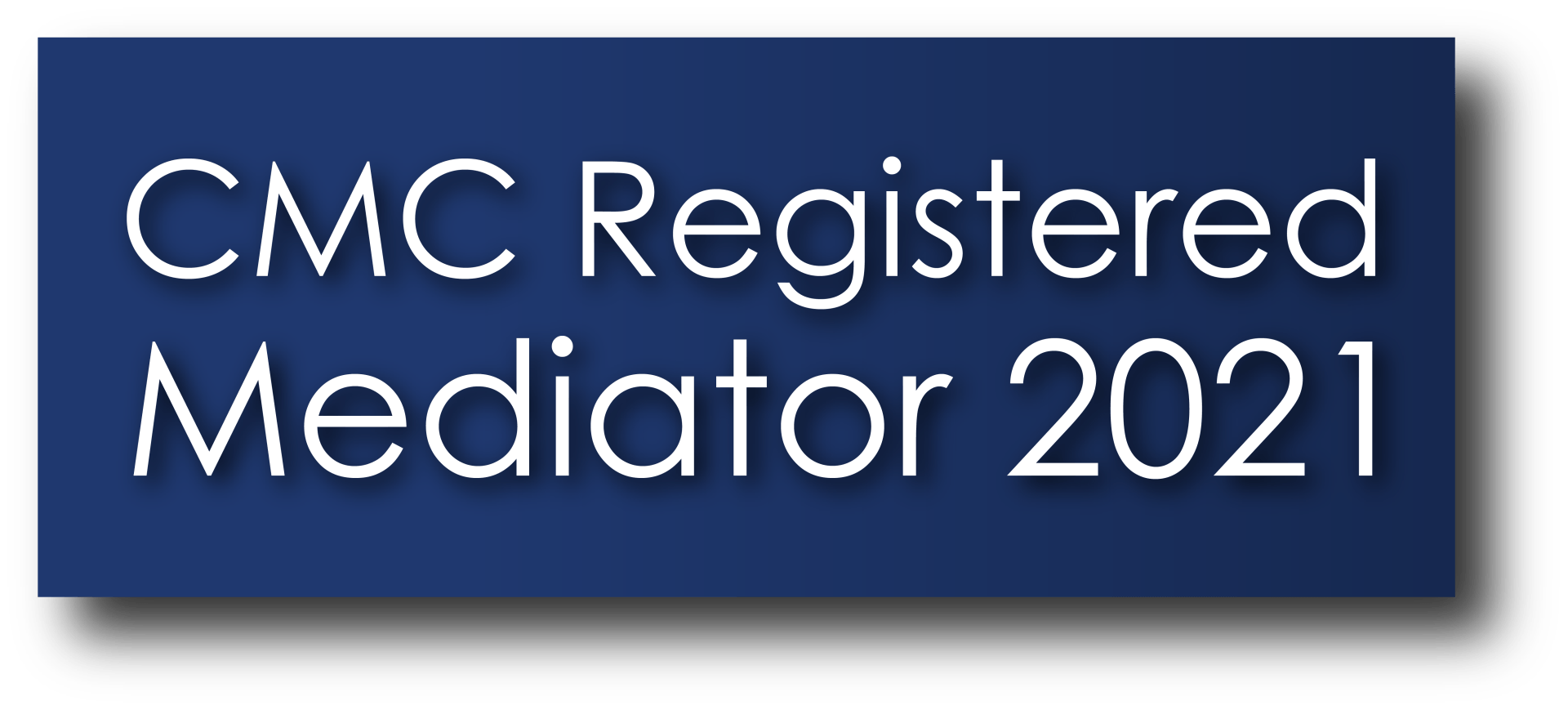New Probate Procedures Streamline the Process
Finally, the probate process is slowly being modernised! It has become even more important to engage the services of an expert to assist you
The process of applying for a Grant of Probate has been the same for years, however, it is now gradually being modernised by the UK government. Initial changes started to be introduced in May 2020 with a move away from the requirement to complete an Oath, which then changed to a Statement of Truth, and is now a PA1P/A form. The latest update, however, is the first step in digitising the whole application process.
The probate process has always historically been hard copy based: paper forms, “wet” signatures (i.e. signed using a pen) and documents sent in the post to the HMRC and the Probate Registry. Now however the Probate Registry is accepting forms with digitised signatures and is also allowing key documents to be uploaded via a website portal. This service has been available to probate professional users since 2019, and indeed is now mandatory for straightforward applications, but as of 2020 it can be used for personal applications too.
We welcome these rolling changes since it makes the whole probate process better fit for purpose and we’re big advocates of paperless solutions wherever they’re appropriate. We believe that this is just the beginning and that in the future more parts of the process will be available online whilst still providing the necessary safeguards.

Does the new process apply for every Grant of Probate application?
Sadly, no. When the online process works, it does work really well and many of our clients have already benefited from the small efficiency improvements in terms of speedily settling the deceased’s estate (the average wait time for a Grant of Probate is now three to five weeks if there are no issues), keeping costs down, and being able to move on from their bereavement. But it's worth noting that the changes apply only to the most straightforward of estates, i.e. “excepted” estates where there is no inheritance tax to be paid (see below).
The Grant of Probate application process still requires care, and in many cases, specialist knowledge of wills, intestacy (i.e. when someone dies without a will) and consideration about potential inheritance tax liability will still be essential. Higher-value matters involving more complex assets and/or family dynamics will continue to require both detailed reporting and sophisticated, sensitive, and strategic professional advice. These types of applications are generally still made on paper.
What has changed with probate applications?
Until now, executors of estates that met certain qualifying criteria and therefore fell into the “excepted” category were required to prepare and submit a short-form IHT return - referred to as a “Return of Estate Information” or form IHT205 - to the Probate Registry when making an application for a Grant of Probate.
But now for deaths occurring on or after 1st January 2022, it will no longer be necessary to file a short-form IHT return. The executors will now only need to make a declaration to confirm the value of the estate as part of the online application for probate.
For deaths on or after 1 January 2022, an estate is usually an excepted estate if any of the following apply:
- Its value is below the current Inheritance Tax threshold
- The estate is worth £650,000 or less and any unused threshold is being transferred from a spouse or civil partner who died first
- The deceased left everything to a spouse or civil partner living in the UK or to a qualifying charity and the estate is worth less than £3 million (search the charity register for registered UK charities)
- The deceased was living permanently outside the UK (a “foreign domiciliary”) when they died and the value of their UK assets is under £150,000
The most recent key amendments to these criteria are:-
- The upper limit of the estate’s gross value has increased from £1 million to £3 million
- The limit on trust property within the estate has increased to £1 million (previously it was necessary to file a longer return where there was trust property worth more than £150,000). In addition, chargeable trust property’s value is limited to £250,000
- The limit on lifetime gifts in the seven years before death has also been increased from £150,000 to £250,000
- For low value excepted estates, the limits on the value of both trust property and lifetime gifts have been increased to £250,000 (from £150,000)
However, the new regulations have introduced two further requirements. To further qualify as an excepted estate, the deceased must not have:
- Held an indirect interest in UK residential property; and/or
- Made any lifetime gifts of over £3,000 in any one year, during the seven years before death

Your responsibilities as an executor haven’t changed
When you take on the role of executor of a person’s estate, you have a duty of care to check the value of the estate against all these rules and make the appropriate representations to the Probate Registry.
You still need to accurately interpret the will, assess all the estate’s liabilities and debts correctly, distribute money to the beneficiaries in a timely manner, and submit the correct forms to the Probate Registry. Yes, having an online portal makes life a little easier, but in some cases that may only mean that errors get spotted sooner and your application will be rejected even quicker.
Plus not everyone is confident about using new technology, and many people, especially the elderly, still find the whole process complicated and confusing. Ash Hill are experienced family lawyers, we have many years of dealing with probate matters, and as members of Solicitors for the Elderly we have the additional skills required that enable us to work with older and more vulnerable clients.
So as welcome as a more streamlined probate process is, before you’re tempted to “go it alone” in applying for probate and administering an estate, you should make yourself aware of the duties you owe to HMRC regarding tax and to the beneficiaries - and the consequences of making mistakes. You may find that solicitors fees are a lot lower than you may have anticipated, and the peace of mind that comes with knowing that your application is in the hands of an SRA (Solicitors Regulation Authority) registered professional is priceless.
We would be happy to have a 20-minute free initial discussion about any probate or estate planning issues that you may have. Please contact us today.




